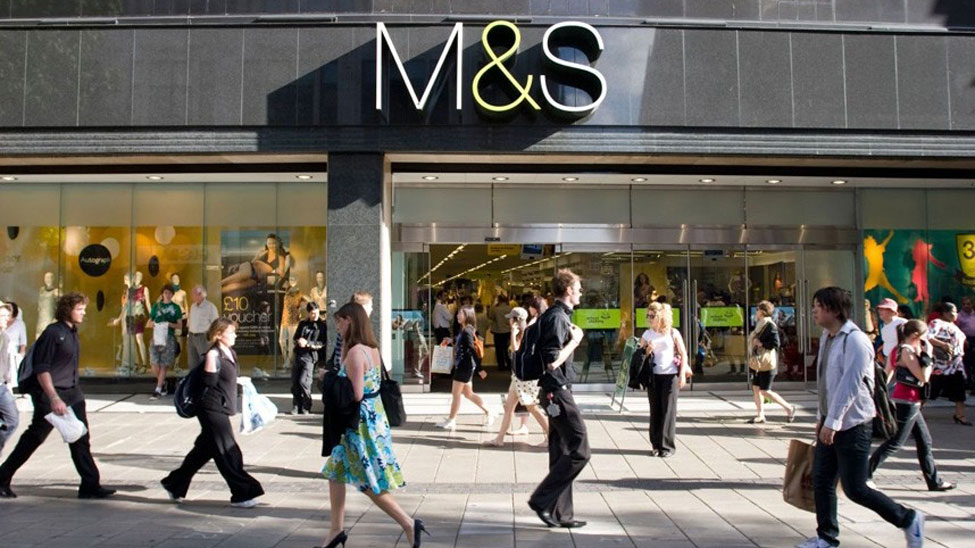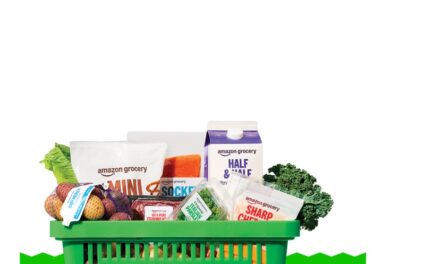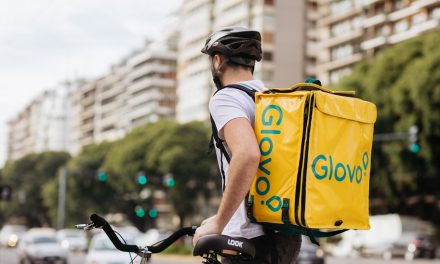
M&S posts 62% slump in pre-tax profit

UK retailer Marks & Spencer (M&S) has reported a profit before tax of £66.8m for the year ended 31 March, down 62.1% on last year.
Group revenues were actually up slightly (0.7%) at £10,698.2m and much of the drop in profits was down to the significant costs M&S has incurred in its “transformation plan” – which includes an ongoing programme of store closures. But even when the £514.1m adjusting items are taking out of the equation, the company still experienced a 5.4% drop in pre-tax profit.
As previously reported in Post&Parcel, M&S yesterday (22 May) gave details of the next tranche of stores which are proposed for closure and also posted its intention “to take at least a third of sales online”.
In today’s statement on the annual results, M&S again restated its online sales target and admitted that it has – thus far – been playing catch-up because its “online capability is behind the best of our competitors and our website is too slow”. M&S added that its Castle Donington fulfilment centre has struggled to meet peak demand.
In a section entitled “Facing Facts”, M&S CEO Steve Rowe said: “At our half year results we set out a hard-headed diagnosis of the headwinds faced by M&S and the change which is needed. The continued migration of clothing and home online, the development of global competition, the growth of home delivery in food and the march of the discounters all amount to threats to our business and market position. These, together with a challenging UK consumer market, mean that we have to modernise our business to ensure we are competitive and reignite our culture. Accelerated change is the only option.
“Developments in the retail industry since then have reinforced our conviction about the need for the transformation of M&S. Changes in the high street and migration online mean that we have to be decisive with our store estate, renewing and closing stores more quickly. Our supply chains in both Clothing & Home and in Food require significant upgrades, so that we can be faster to market, reduce high stock levels in Clothing, and improve availability and waste in Food.
“Although our online sales are growing, our online capability is behind the best of our competitors and our website is too slow. Our fulfilment centre at Castle Donington has struggled to cope with peak demand and some of our systems are dated. In both businesses we need to revitalise our ranges and reassert our reputation for value for money.”












